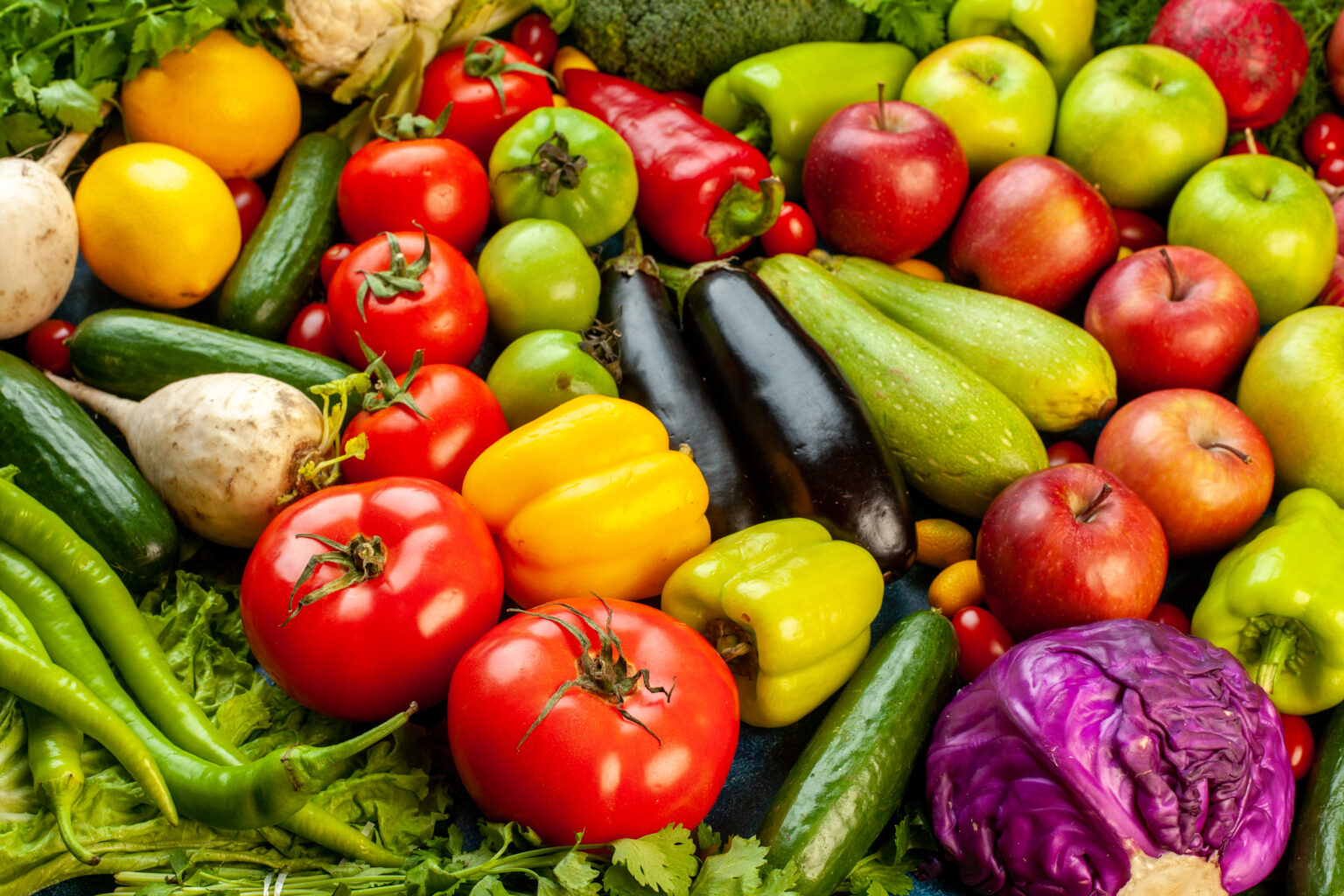Following a lacto-ovo vegetarian diet can offer numerous health benefits, including reduced risk of chronic diseases, improved weight management, and increased intake of essential nutrients. However, like any dietary lifestyle, proper planning and organisation are key to ensuring a well-balanced and satisfying diet. Meal planning plays a crucial role in a lacto-ovo vegetarian diet, as it allows individuals to meet their nutritional needs, maintain variety, and make informed choices about their meals.
One of the primary advantages of meal planning for lacto-ovo vegetarians is the ability to ensure adequate nutrient intake. A well-planned vegetarian diet can provide all the necessary nutrients, including protein, iron, calcium, omega-3 fatty acids, and vitamins. By strategically including a variety of plant-based protein sources such as legumes, tofu, tempeh, and dairy products, lacto-ovo vegetarians can meet their protein requirements without relying solely on animal products. Meal planning allows individuals to incorporate these protein-rich foods into their meals throughout the week, ensuring a balanced intake.
Another aspect of meal planning that is particularly important in a lacto-ovo vegetarian diet is iron intake. While plant-based sources of iron exist, they are less readily absorbed by the body compared to iron from animal products. However, combining iron-rich plant foods with vitamin C-rich foods (such as citrus fruits, tomatoes, or bell peppers) can enhance iron absorption. By planning meals that include these combinations, lacto-ovo vegetarians can optimise their iron intake and prevent deficiencies.
Calcium is another essential nutrient for lacto-ovo vegetarians, as it plays a crucial role in maintaining bone health. Although dairy products are a common source of calcium, planning meals that incorporate alternative sources like fortified plant-based milks, tofu, leafy greens, and calcium-fortified foods ensures an adequate calcium intake. Meal planning allows individuals to include these calcium-rich foods in their daily meals, reducing the risk of deficiencies and promoting optimal bone health.
Variety is another key element that meal planning brings to a lacto-ovo vegetarian diet. Planning meals in advance helps prevent monotony and ensures a diverse range of foods are consumed throughout the week. Experimenting with different grains, legumes, vegetables, and fruits not only provides a wide array of flavors and textures but also introduces a variety of essential nutrients into the diet. By incorporating seasonal produce and exploring different cuisines, lacto-ovo vegetarians can keep their meals exciting and satisfying.
Meal planning also promotes informed decision-making. When meals are planned ahead, individuals have the opportunity to consider their nutritional needs and make conscious choices about their food intake. They can ensure they are consuming a balanced diet, meeting their calorie goals, and avoiding potential pitfalls like excessive processed foods or added sugars. Additionally, planning meals in advance allows for better time management, reduced food waste, and potential cost savings by buying ingredients in bulk or taking advantage of seasonal produce.
Meal planning is a vital component of a lacto-ovo vegetarian diet. By carefully selecting and organising meals, individuals can ensure they meet their nutritional needs, maintain variety, and make informed choices about their food intake. Meal planning allows for a well-balanced and satisfying diet that promotes good health and supports the principles of a lacto-ovo vegetarian lifestyle. So, whether you’re a long-time lacto-ovo vegetarian or considering adopting this dietary approach, taking the time to plan your meals will undoubtedly contribute to your overall well-being and enjoyment of food.








